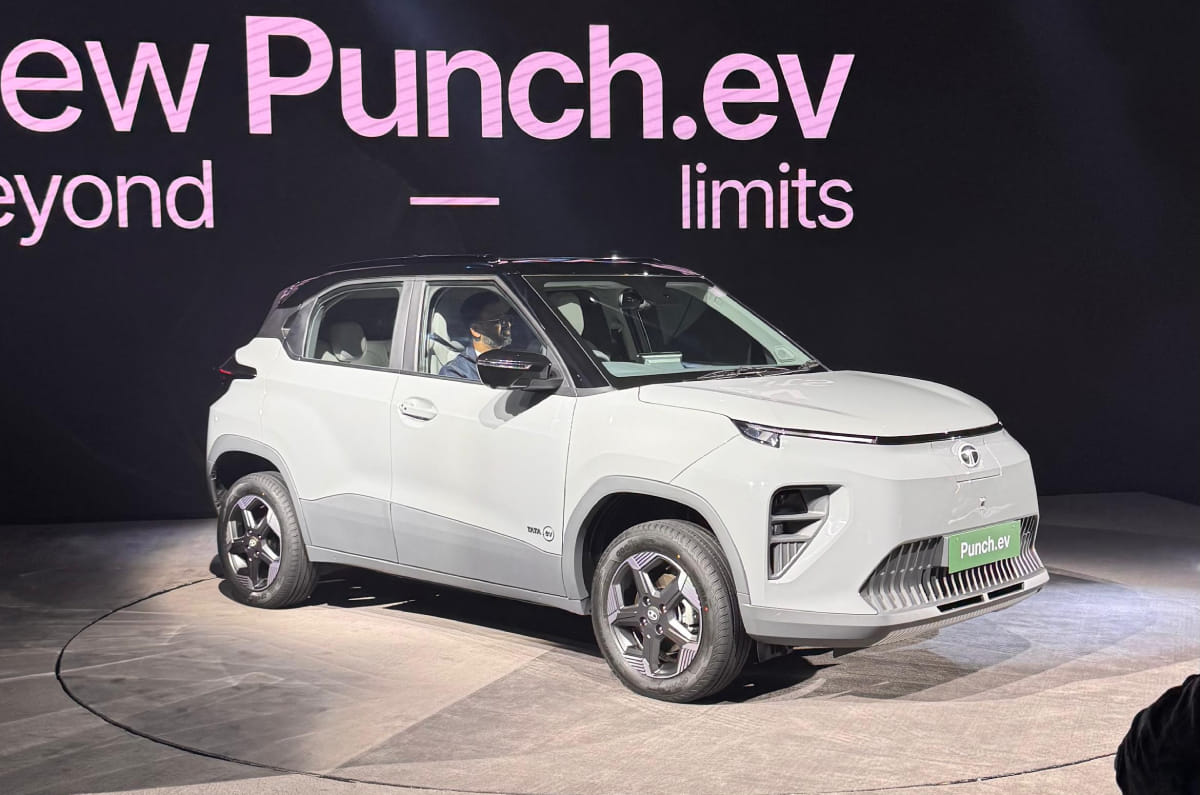India Targets Alternate Fuels, EVs In Clean Transport Push
The public authority will likewise adhere solidly to its 2022 cutoff time for carrying out more tight eco-friendliness standards otherwise called Corporate Average Fuel Efficiency (CAFE), transport serve Nitin Gadkari said, which could push automakers to embrace cleaner fills to meet the new objective.
India is focusing on diminishing fossil fuel byproducts by 33%-35% by 2030 under Paris Climate Agreement
India is outlining strategies to advance the utilization of clean fills, including electric vehicles (EVs), and fixing discharge standards to meet its carbon decrease targets, transport serve Nitin Gadkari told the Reuters Impact gathering on Monday. India is the third-biggest client of transport autos on the planet yet 70% of its vehicle energy need is satisfied by bringing in petroleum derivatives.
"The point is to bit by bit move to powers, which are import substitutes, financially savvy, native and contamination free," Gadkari said, adding that this incorporates biofuels, ethanol mixes just as cross breed EVs and hydrogen energy units.
The public authority will likewise adhere solidly to its 2022 cutoff time for executing more tight eco-friendliness standards otherwise called Corporate Average Fuel Efficiency (CAFE), Gadkari said, which could push automakers to embrace cleaner powers to meet the new objective.
"The public authority is firm on holding fast to the CAFE guideline, where automakers are needed to keep normal CO2 discharge under 130 grams for every kilometer till 2022 and under 120 grams for each kilometer from that point," he said.
"The point is to continuously move to energizes, which are import substitutes, savvy, native and contamination free," Gadkari said
Numerous Indian automakers including India's biggest carmaker Maruti Suzuki have looked for delays for execution of stricter outflow rules.
India is focusing on lessening fossil fuel byproducts by 33%-35% by 2030 as a component of its responsibility under the Paris Climate Agreement, Gadkari said, and it is taking a gander at maintainable versatility and clean energy to accomplish its objective.
Gadkari's remarks come in front of UN Climate Change Conference (COP26) in November seen as a urgent opportunity to wring out eager enough responsibilities from governments to address an Earth-wide temperature boost.
Nonetheless, he said India expects new motivations towards environment assets for creating economies from rich countries, repeating comparable remarks by India's boss monetary guide a week ago.
Affluent countries are under ever-more prominent strain to follow through on a neglected vow, made in 2009, to send $100 billion every year to assist with financing a sufficient reaction by agricultural nations to rising worldwide temperatures as the world plans for COP26.
The South Asian country plans electric vehicles to make up 30% of all out private vehicle deals by 2030 and for electric cruisers and bikes to make up 40% of all out deals, Gadkari said.
The public authority will likewise before long make it obligatory for gas vehicles to have adaptable fuel motors so they can likewise run on ethanol mixes, Gadkari said, adding that India intends to accomplish 20% ethanol-mixing with gas by 2025 - five years in front of its past target.
Adaptable fuel vehicles (FFVs) can burn any mix of gas or ethanol.




Post a Comment